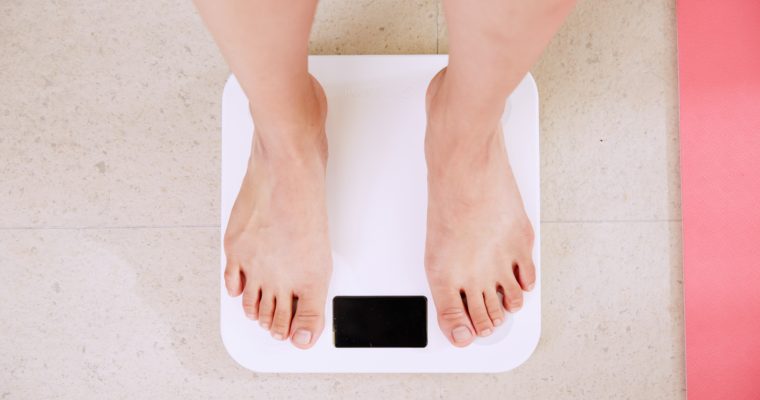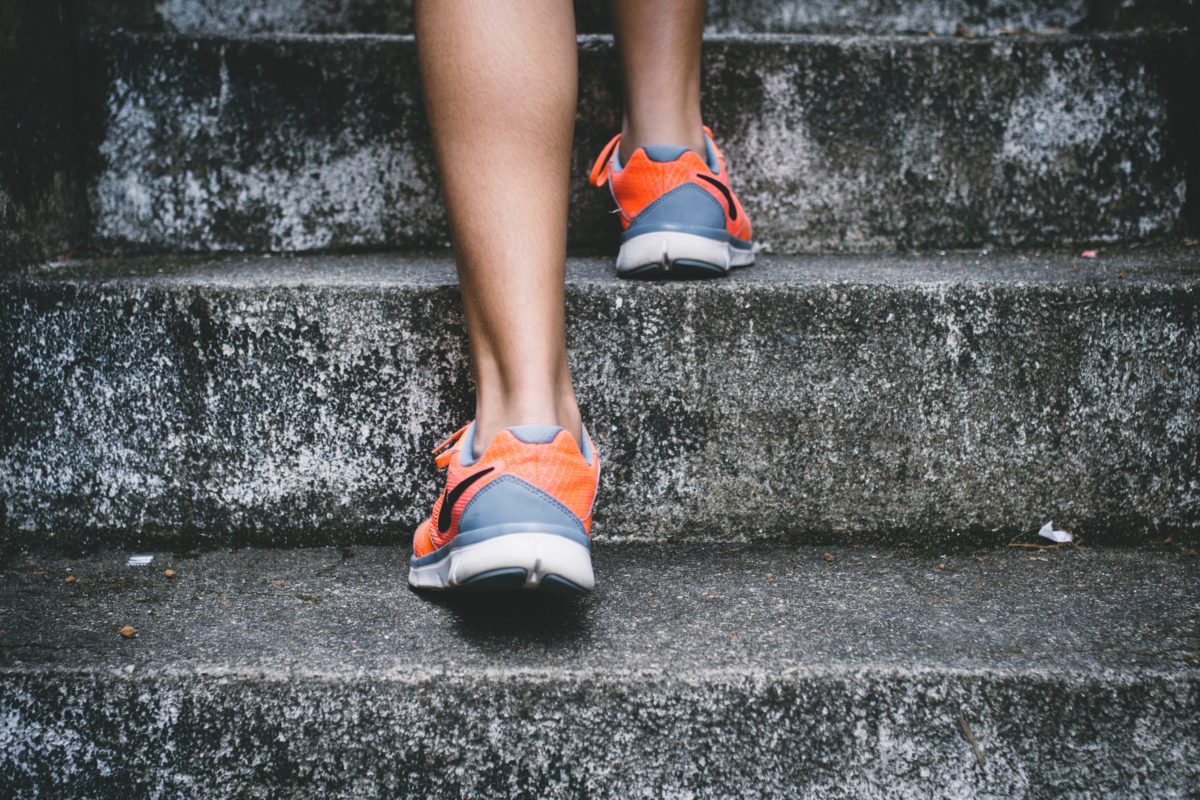The mineral iron is one of the most important minerals in the body. It is an essential component of proteins and enzymes within us. Iron is needed to make hemoglobin, a protein in red blood cells that enables them to carry oxygen around the body. When your body does not have enough iron, not only are your blood cells impacted, but also multiple unpleasant symptoms may arise. Here’s what you need to know.
According to the World Health Organization (WHO), iron deficiency is the most common nutritional deficiency in the world, with infants and young children being at the highest risk. Common causes of this deficiency may include a poor diet, increased requirements during pregnancy, and heavy blood loss (during heavy periods or internal bleeding).
The Two Different Types of Iron
There are two forms of dietary iron – heme and non-heme. Heme iron is derived from hemoglobin and can be found in animal foods including meat, fish and poultry. Non-heme iron is found in plants and fortified and enriched foods, including cereal and bread.
Many studies have shown heme iron to be better absorbed than non-heme iron.
Signs and Symptoms of Iron Deficiency
- Unusual Fatigue
- Paleness
- Shortness of Breath
- Headaches and Dizziness
- Heart Palpitations
- Dry and Damaged Hair/Skin
- Swelling and Soreness of Tongue/Mouth
- Restless Legs
- Brittle or Spoon-shaped Fingernail
Here’s what you can do
You’ll want to speak with your doctor if you think you may be iron deficient. A doctor can diagnose anemia with blood tests, including the Complete Blood Count test.
You’ll want to start to include a few food options in your diet, including red meat, dark green, leafy vegetables, dried fruits, nuts and iron-fortified cereal. Additionally, Vitamin c has been shown in studies to help your body absorb iron. Speak with a nutritionist or your doctor before changing your dietary lifestyle.
If your doctor recommends an iron supplement, you will want to find one that is highly-absorbable and a high-potency, yet gentle enough to not be constipating and irritating. Iron bisglycinate has been shown in clinical trials to be absorbable as ferrous sulphate at lowering potency. A non-GMO iron supplement complete with Vitamin C for absorption allows for all of the energy benefits of iron supplementation while being non-constipating and non-irritating to the digestive tract for most people.†
Questions about iron deficiency? Leave us a comment below to discuss.






